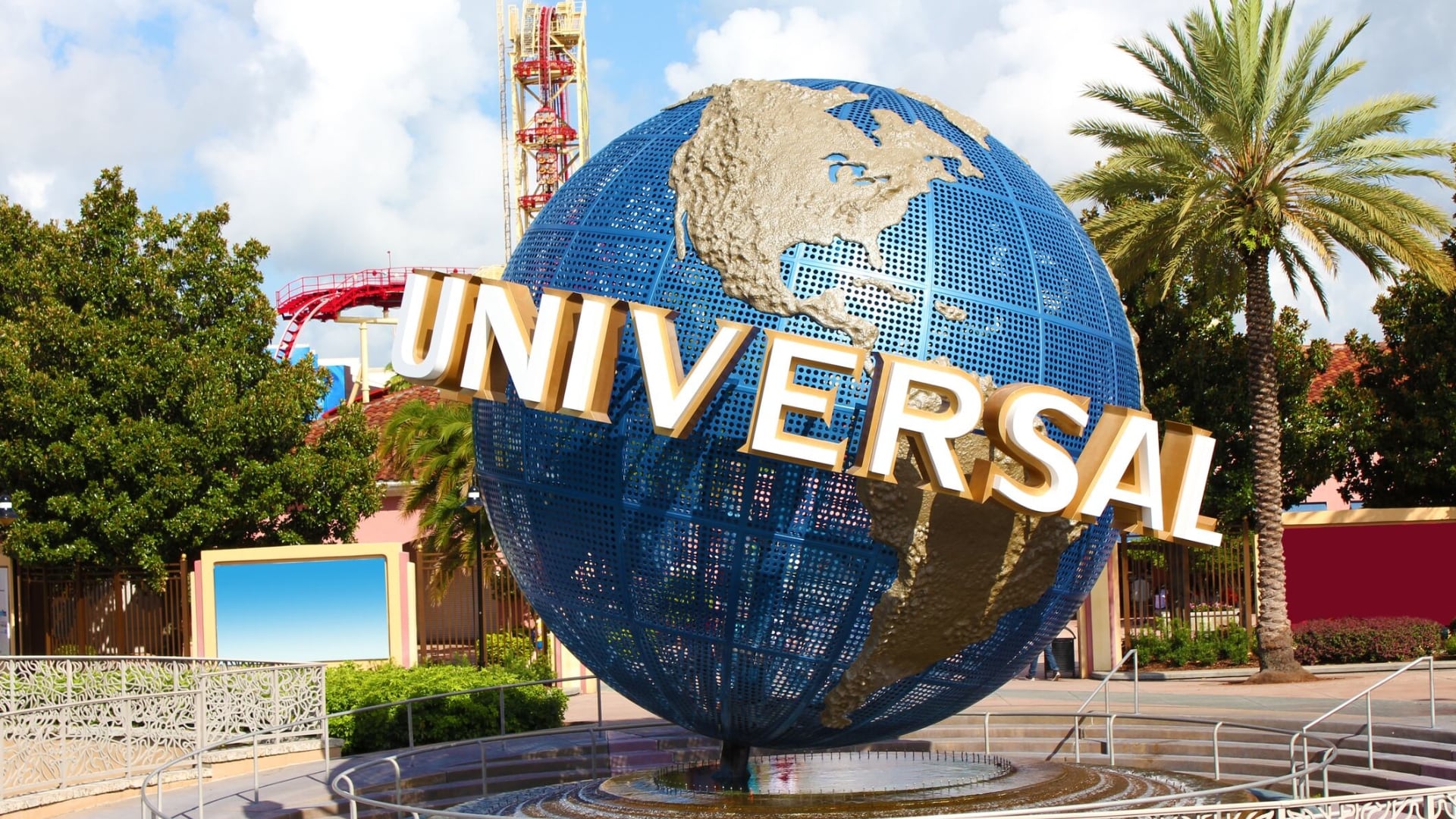From Wall Street to Silicon Valley, these are the top stories that moved markets and had investors, business leaders, and entrepreneurs talking this week on Cheddar.
PFIZER’S VAX STUNNER
U.S. markets notched another winning week, propelled higher on Monday's stunning news that Pfizer’s coronavirus vaccine trial is showing at least 90 percent efficacy in preventing infection. Pfizer, together with its partners at the German biotech firm BioNTech, are continuing Phase 3 trials, hoping for regulatory approval in the coming weeks. If that happens, it would be the biggest medical breakthrough in a century — a vaccine made from scratch in under a year — ready to be rolled out to millions of people via a complicated dance of shipping logistics, public-private cooperation, and, importantly, patience. Moderna, which is also at work on a vaccine using the same type of mRNA technology as Pfizer, is expected to release interim results from its trials in the coming days. And Eli Lilly was granted an FDA emergency use authorization for its antibody cocktail called bamlanivimab that has shown efficacy in treating patients with mild to moderate symptoms. The problem is that there’s not nearly enough of it to go around, as COVID cases surge nationwide ahead of the holidays.
DISNEY’S STREAMING HEDGE
In case the message hasn’t been clear this year, for media companies, it’s all about the streaming. Disney reported earnings for its fiscal fourth-quarter that showed an 80 percent drop in operating income, resulting in its first annual loss in more than 40 years. And yet, the stock popped 5 percent. Why? Disney said it has more than 73 million subscribers on Disney+, more than its initial low-end estimate for the first five years. And it got there in less than one. Investors had largely baked in the idea that Disney would report another big loss given that its theme park and cruise divisions have been decimated by the pandemic. But the overall results weren’t as bad as expected and, combined with the gangbuster streaming subs, have analysts feeling good about the stock long term — especially once the pandemic ends, and parks, ships, and theaters presumably fill back up.
FUTURE OF COMPUTING
Apple announced its first computers that are powered by its own in-house processors, a major milestone in computing that could change how PCs and laptops look and work in the future. Apple cut ties with Intel and built its own semiconductors from the ground up, making them more like the chips found in iPhones than in a full-scale computer. Apple says its M1 processors are more powerful and more efficient, which will likely translate to smaller designs and longer battery life in the future. The announcement also showed that Apple, like its brethren in the top echelons of Big Tech, is now powerful enough to consolidate the supply chain for one of its flagship product lines under one roof. That could be a warning sign to many of Apple’s longtime suppliers that their services may not be needed one day. Meanwhile, Apple has started shipping the iPhone 12 Pro Max and iPhone 12 Mini ahead of the holidays, even as it deals with component shortages due to pandemic-related delays.
IPO END-OF-YEAR DASH
Not even a worsening pandemic can stop the 2020 IPO party. DoorDash, the biggest food-delivery app in the U.S., filed its paperwork with the SEC to go public on Friday. The S-1 shows the company made nearly $2 billion in revenue for the first nine months of the year — a significant increase from the $590 million it took in over the same period in 2019. The company lost about $150 million, down from $530 million a year ago. When DoorDash debuts on the NYSE under the ticker DASH — probably sometime in December following the customary “road show” — it will become the largest of the delivery apps on the market, followed by Uber and Grubhub. DoorDash won’t be the last big IPO to hit the public markets before the year is out; Airbnb is reportedly planning to file as soon as next week, and Affirm, Roblox, and Wish are expected to follow.
TIKTOK CONFUSION
The government-imposed deadline for TikTok to divest its U.S. operations has come and gone, and no one seems to know where things stand. TikTok, a unit of China’s ByteDance, had struck a deal to sell off 20 percent of its business to Oracle and Walmart, but the agreement is yet to be finalized. Meanwhile, the Commerce Dept. has said it will comply with an injunction that allows TikTok to keep functioning in the U.S., as the app seeks clarity from the White House on how to proceed. President Trump had called TikTok a national security risk as he moved to force a sale over the summer, but the company says it hasn’t heard from the administration in weeks.









